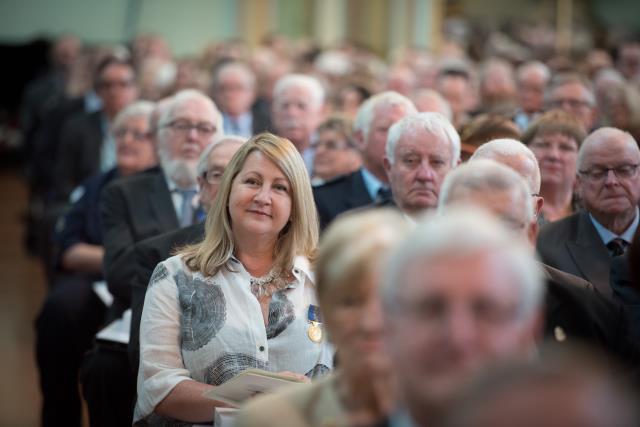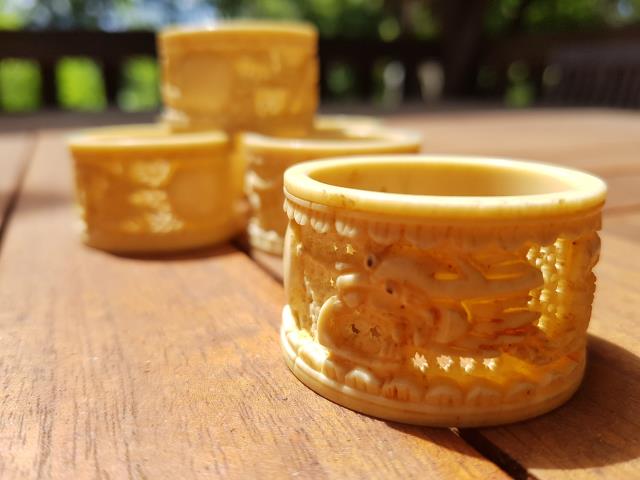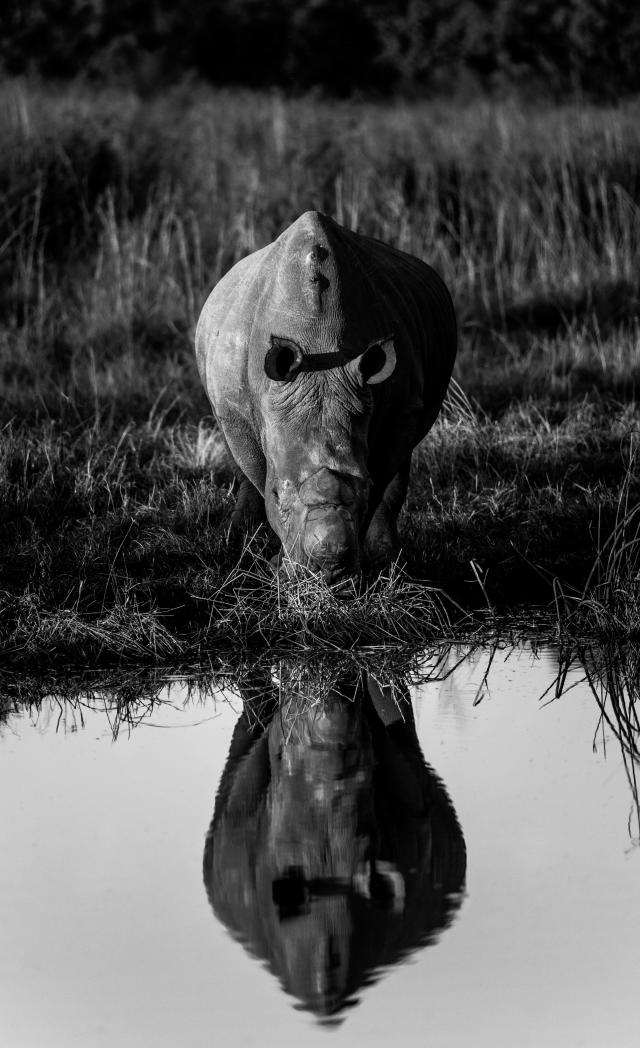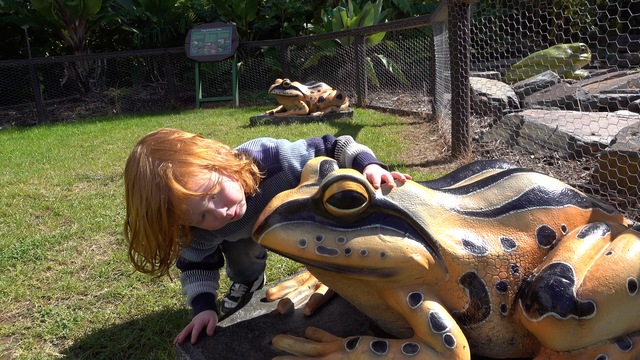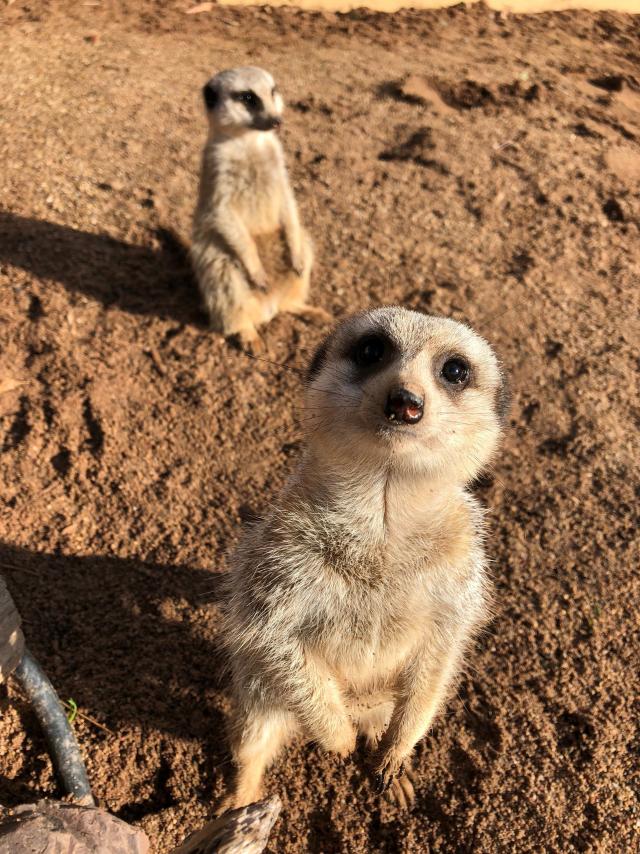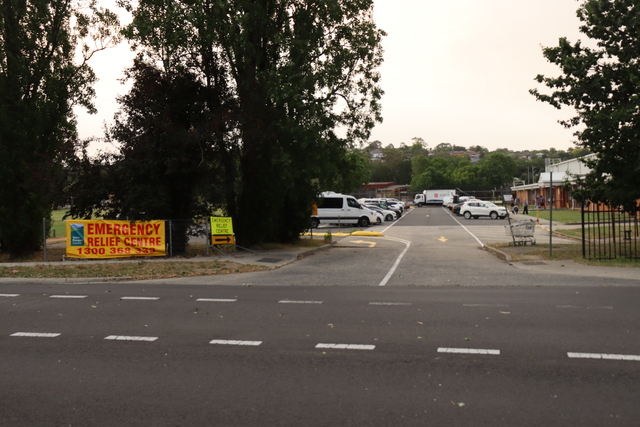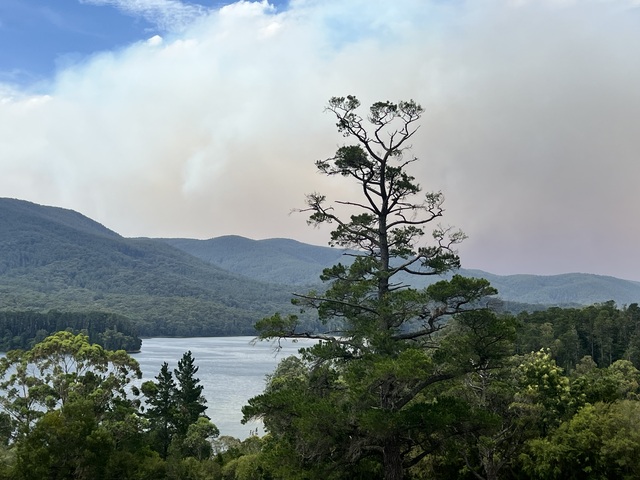Spotlight on the illegal trade of wildlife has been reignited by a Yarra Ranges resident as protected species continue to make their way into and throughout Australia.
Donalea Patman OAM from Ferny Creek founded the animal welfare organisation For the Love of Wildlife in 2013 and helped advocate for the ban on the importation of lion ‘trophies’ and the domestic trade of elephant ivory and rhino horns.
Ms Patman said the circumstances in Australia look good on paper because we have good laws.
“The unfortunate thing in regards to wildlife crime is it is seen as a boutique crime and only ever gives people a slap on the wrist. In the interim, these guys are making a load of money,” she said.
“We have shows like Border Security, which makes everybody feel that we’re safe and nothing gets through and that’s done a really good job because most people do assume that but even then, the items are just confiscated and the offender can claim plausible deniability.”
A study released in 2015 on the online scientific journal Science Advances found that ‘rhinoceros horn is more valuable by weight than gold, diamonds or cocaine’ according to lead study author and professor of ecology at Oregon State University’s College of Forestry William Ripple.
Ms Patman said we need to educate people that it is a serious crime and one of the most lucrative trades in the world.
“Rhino horn is now worth more than gold, and if you can traffic rhino horn, lion bones, pangolin scales or other body parts, making that amount of money and you know that if you get caught, you’ll get a slap on the wrist, why would you be trafficking cocaine?”
The Convention on International Trade in Endangered Species of Wild Fauna and Flora (CITES) regulates the trade of close to 40,000 species and 183 countries, including Australia, have agreed to be bound by its treaty.
The United Nations Environment Programme (UNEP) and Interpol’s ‘The Rise of
Environmental Crime – A Growing Threat To Natural Resources, Peace, Development And Security’ report released in 2016 estimated the global illegal wildlife trade to be worth between USD $7 billion and $23 billion per year, the fourth largest illegal trade behind only drugs, counterfeiting and human trafficking.
Dr Lynn Johnson founded the charity Nature Needs More in 2017 as part of her Breaking The Brand project which aimed to educate the primary consumers of rhino horn in Vietnam about why they should reduce their demand for the product. Dr Johnson is using her understanding of trade and politics from years of management consulting to business and government to influence the demand for illegal wildlife trade.
Dr Johnson said implementing electronic permit systems is one of the first things Australia should do.
“Australia, like most CITES-signatory countries, only has a paper permit system. Most countries use a paper-based permit system that is 50 years old to regulate the export imports of endangered species,” she said.
“Paper permit systems can’t be integrated with customs systems so currently there’s very little ability to cross-check and if customs agents stumble onto something that looks a little bit dodgy, they can’t manage it.”
According to the CITES website, Australia is listed as a country that is ‘developing/planning ‘ an electronic CITES permit system as of April this year, with only 15 countries having some form of electronic system.
Dr Johnson said once that’s done, the supply chains can be monitored in real-time.
“There can be trackability and traceability in real time and not the one to two-year delays that we get under the current system where countries submit their trade permits to CITES once a year,” she said.
“I think in this day and age, it needs to be about the vulgarity of the desire for these rare pieces that cause extinction. It’s all pretty tragic, but it’s really tragic for the wildlife that has to die.”
In 2015, the Australian government introduced legislation to treat the import or export of trade derived from African lions as if they were on Appendix I of CITES, which lists species that are threatened with extinction because of international trade.
A Department of Climate Change, Energy, the Environment and Water spokesperson said this measure was introduced in response to Australian public concerns about ‘canned hunting’ of African lions.
“Under national environment law, specimens of species listed on the CITES Appendices may not be imported to Australia unless a CITES export permit has been issued by the exporting country, and a CITES import permit has been issued by the department,” they said.
“Detecting, deterring and disrupting wildlife crime is a priority outcome for the department’s Compliance and Enforcement Branch. Domestically, the department works collaboratively with other Australian government agencies, state regulators and law enforcement to ensure all identified criminality is investigated.”
Ms Patman and For the Love of Wildlife also gave evidence in a Parliamentary Inquiry into the domestic trade of elephant ivory and rhinoceros horn conducted by the Joint Committee on Law Enforcement. The report from the inquiry recommended a full domestic trade ban, which was announced by then Environment Minister Sussan Ley and other Australian delegates at a CITES CoP18 in Geneva at the start of 2020.

